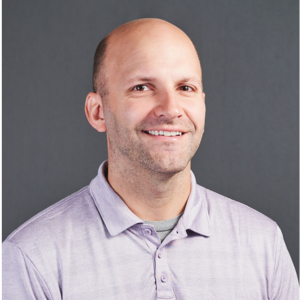Synching memories through sleep
Seniors may be more forgetful because their brain waves can’t sync to save new memories, researchers at University of California, Berkeley found.
During deep sleep, older people have less coordination between brain waves, a team reports in the journal Neuron.
Short-term memories convert into long-term memories when slow waves during non-rapid eye movement (NREM) sleep and speedy electrical bursts called spindles contact at just the right moment, like hitting a ball with a bat, in approximately one-tenth of a second. Researchers found brain rhythms move in perfect lockstep in young adults but the synchronization declines with age.
They suspect the aging brain can’t coordinate the two deep-sleep brain waves, most likely because of atrophy in a brain region involved in restorative sleep. The worse the atrophy, the more the deep-sleep brainwaves are out of step.
“The mistiming prevents older people from being able to effectively hit the save button on new memories, leading to overnight forgetting rather than remembering,” said study senior author Matthew Walker, a UC Berkeley professor of neuroscience and psychology and director of the campus’s Center for Human Sleep Science, in a university press release. “As the brain ages, it cannot precisely coordinate these two deep-sleep brain waves.”
For the study, researchers compared the overnight memory of 20 healthy adults in their 20s to that of 32 healthy older adults, mostly in their 70s. Participants learned 120 word sets before going to bed for the night. Researchers used electrodes to record their electrical brain-wave activity while they slept. The next morning, participants were tested on the word pairs while having their brain scanned.
They found the timing was consistently off and waves couldn’t sync for seniors, which may explain how aging can affect memory for healthy older adults and can be much worse for those with dementia.
The study suggests that sleep may be the answer to its own problem. By applying electrical brain stimulation, researchers may be able to re-synchronize brainwave to improve memory.
“By electrically boosting these nighttime brainwaves, we hope to restore some degree of healthy deep sleep in the elderly and those with dementia, and in doing so, salvage aspects of their learning and memory,” said Walker, author of the book Why We Sleep.

Nicole was Senior Editor at I Advance Senior Care and Long Term Living Magazine 2015-2017. She has a Journalism degree from Kent State University and is finalizing a master’s degree in Information Architecture and Management. She has extensive studies in the digital user experience and in branding online media. She has worked as an editor and writer for various B2B publications, including Business Finance.
Related Articles
Topics: Alzheimer's/Dementia











